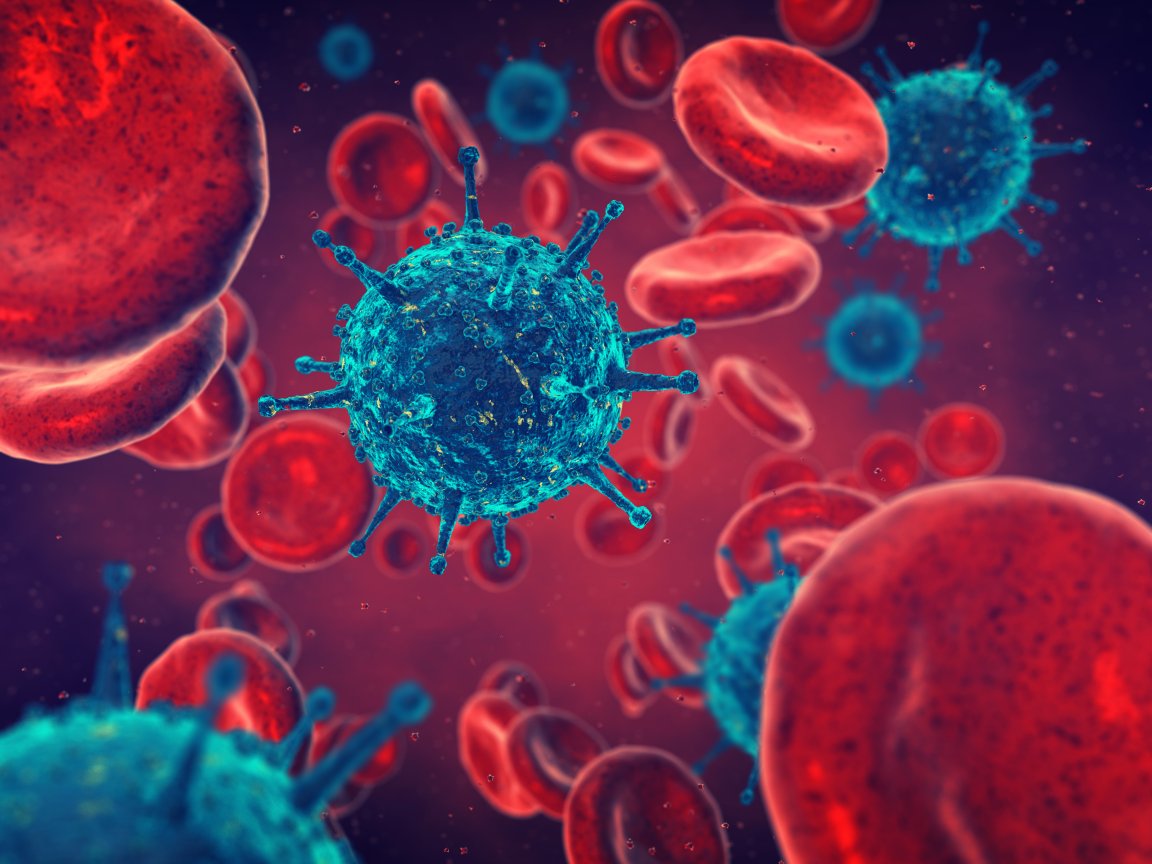
The Warburg Effect
The Warburg Effect refers to the way cancer cells “rewire” their metabolism to survive, voraciously consuming glucose to produce energy. Although scientists have known about this process for decades, they have not yet been able to harness it to stunt tumor growth. However, new research out of the Duke Cancer Institute may be able to change that.
In a study published today in Cell Metabolism, researchers detail how they were able to interpret the unusual wiring system that cancer cells use to metabolize carbohydrates, as well as identify a natural compound that shuts the system down selectively, at least in the lab.

Whereas healthy cells break down sugar with oxygen, cancer cells use fermentation, a less efficient process that requires more sugar, so the researchers began by studying cancer cells to better understand how their metabolism differs from that of normal cells.
Next, the team observed cancer cells undergoing the Warburg Effect to determine specific points where the cells controlled carbohydrate metabolism differently than their healthy cell counterparts.
The researchers found that the enzyme GAPDH controls the rate of glucose processing in cancer cells, so they then searched for any compounds known to have the potential to block the GAPDH enzyme. They saw potential in koningic acid (KA), a molecule that’s produced by a sugar-eating fungus to prevent bacteria from honing in on its food supply.
Based on their suspicions that it might naturally target the cells engaged in accelerated glucose metabolism, the team tested KA in cancer cells and mouse models. The results of these tests indicate that KA does curb glucose consumption in tumors undergoing the Warburg Effect by selectively inhibiting the GAPDH enzyme, all while leaving normal cells alone.
Targeting Tumors
The Warburg Effect is strong in some cancers, but weak or even absent in others. During the course of their study, the Duke researchers found that they could develop a model to predict the extent to which a cell would be under the influence of the Warburg Effect by measuring its GAPDH enzyme. These models could make it easier to predict when a therapy that targets the metabolic process is most likely to have the biggest effect.
“We’ve seen with genetics that cancers can be targeted based on whether certain mutations are present, and it could be that selectively targeting tumors based on their metabolism could have a similar impact,” lead author Maria Liberti said in a press release.
The team believes their results demand further study, specifically to determine whether other molecules might work along the same pathway and whether KA’s effects can be reproduced in other cell and animal studies.
“These findings not only show that KA’s efficacy is linked to the quantitative extent of the Warburg Effect, but that this also provides a therapeutic window,” explained Jason Locasale, the paper’s senior author and an assistant professor at Duke’s Department of Pharmacology & Cancer Biology. “This could provide another way to attack cancer beyond the genetic makeup of the tumor. That’s encouraging.”